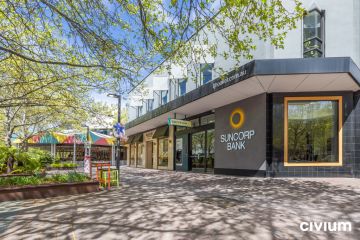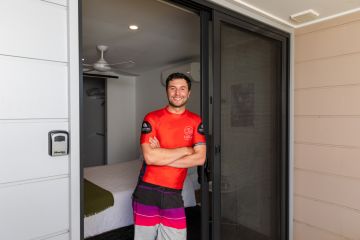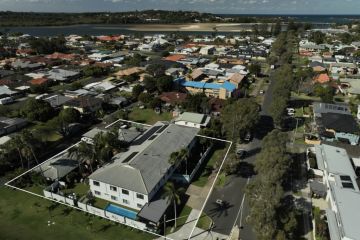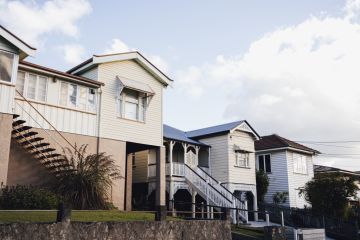Is a windfall the only way first home buyers can access the Canberra property market?

Is a windfall the only way first-time buyers can access the Canberra property market?
You may think the prospect for first home buyers in Canberra is bleak. Think again, they are in a far better position than those dreaming of owning a home in Sydney. To shed some light on first home buyer activity, let’s focus on housing finance approved for those who are actually going to live in the home.
During 1994, just over 3200 first-time buyers became home owners in the ACT, according to the latest ABS finance data. This sector made up just over a quarter of owner occupied housing loans approved for the year. During 2009, numbers fell just short of this peak, with just over 3000 first-time buyers gaining access to the market. Activity during 2009 was certainly bolstered by the government’s first home owner boost, an initiative to support buyers through the global financial crisis.
Since these glory days, the proportion of first-time buyers is at near record lows. It cannot all be blamed on the so-called frivolous spending of Gen-Y. Almost 1770 first-home buyer home loans were approved during 2016. Non-first-home buyers were at record highs, with just over 10,700 loans approved in the ACT. As speculation surrounding potential rate hikes heightened, the market became awash with buyers locking in home loans.
Currently the proportion of ACT first home buyers to non first home buyers is below the long-term average of 18.7 per cent. Only 14.2 per cent of owner-occupied loans approved last year were first home buyers. Under low-interest rates more tenants becoming home owners is anticipated.
The dream of buying a detached home would take the average ACT resident 4½ years to save a 10 per cent deposit and nine years and three months for the ideal 20 per cent to avoid mortgage insurance.*
The notion of your own block is more realistic than a first timer in Sydney. The dream of buying a detached home would take the average NSW resident almost nine years to save a 10 per cent deposit and a staggering 18 years for 20 per cent.
Putting aside one-fifth of the average after-tax salary would take almost two years and seven months to save a 10 per cent deposit for a unit and five years four months for 20 per cent in the ACT. In Sydney to save 10 per cent, the time frame jumps to five years and seven months. Saving 20 per cent becomes even harder –11 years and four months.
This is not factoring in property price growth in this time frame, making for conservative estimates, particularly if house prices forge ahead as they currently are.
The adage of buying where you are able to afford and renting where you want to live is something to consider. Or perhaps we are moving into an era where long-term tenancy is the norm – at least until that windfall.
*Calculated using ABS:6302.0 Average Weekly Earnings trend data, ATO tax calculator, and savings based on 20 per cent of average after-tax salary.
Nicola Powell is a property expert for Allhomes. Twitter: @DocNicolaPowell
We recommend
We thought you might like
States
Capital Cities
Capital Cities - Rentals
Popular Areas
Allhomes
More








